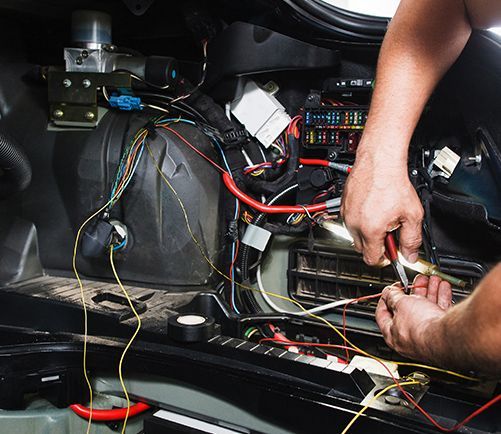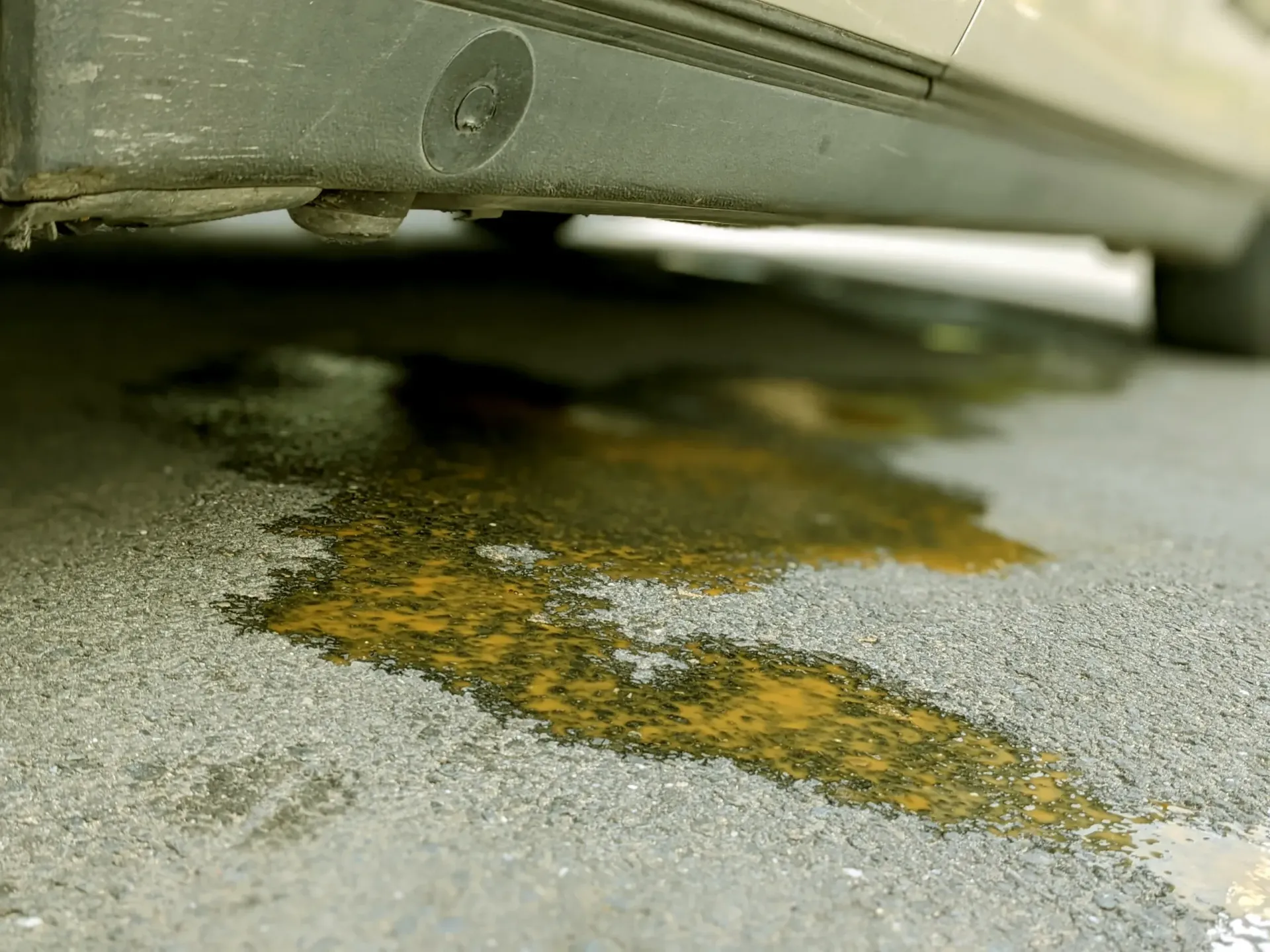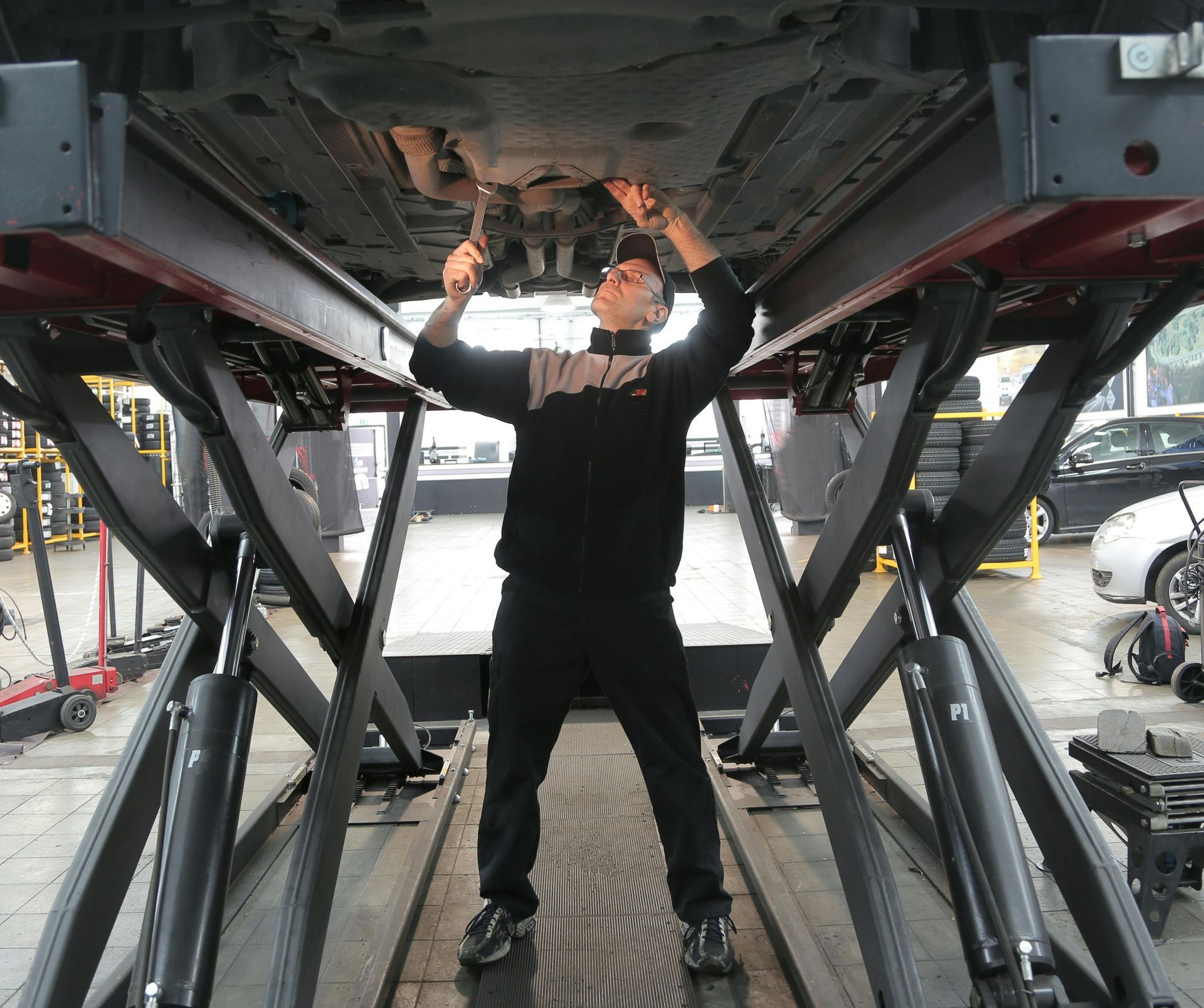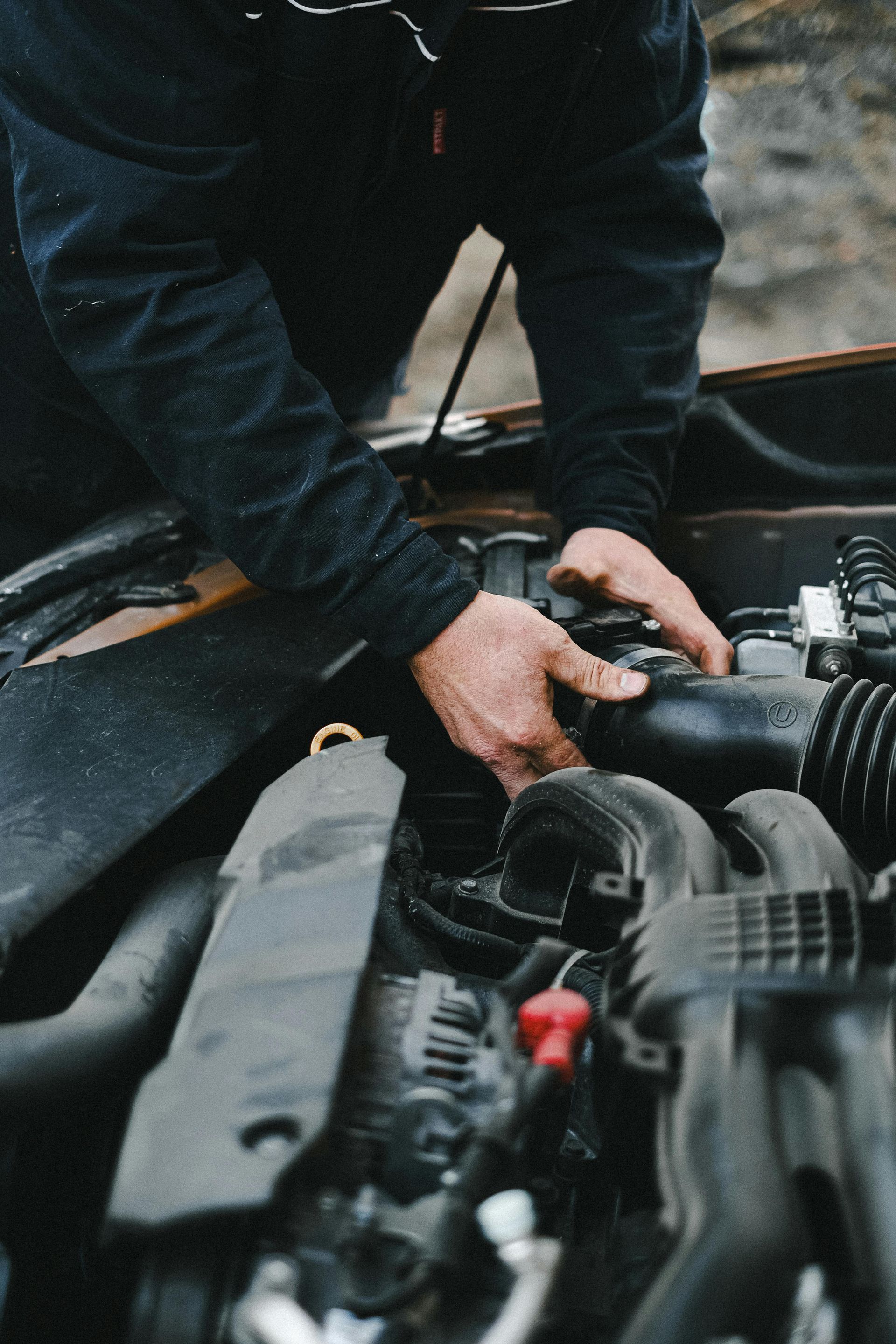Mon - Fri 8:00 AM - 5:00 PM
How to Know When It’s Time for a Brake Inspection: A Dallas Driver's Guide
As a driver in Dallas, TX, you know how important it is to keep your vehicle in top condition, especially in a bustling city where stop-and-go traffic is a daily reality. One of the most critical components of your vehicle’s safety system is the brakes. Without properly functioning brakes, not only is your vehicle at risk, but so are you, your passengers, and others on the road. At Blue Horizon Automotive, we believe in keeping our Dallas drivers informed about their vehicle’s needs. In this guide, we’ll walk you through the key signs that indicate it’s time for a brake inspection, why regular brake checks are crucial, and how to ensure your braking system stays in optimal condition.
Why Brake Maintenance is Essential
Your vehicle’s brake system is a complex assembly of parts that must work together seamlessly to bring your car to a stop safely. Over time, these components wear down due to constant use, especially in a city like Dallas where driving conditions can put extra strain on your brakes. Regular inspections not only help catch early signs of wear but also prevent more extensive damage, saving you from costly repairs down the road.
At Blue Horizon Automotive, we recommend that drivers schedule regular brake inspections, especially if you use your vehicle for daily commuting or long trips. It’s always better to address minor issues before they become major safety concerns.
Signs Your Brakes Need Inspection
To help you stay ahead of potential problems, here are the most common warning signs that your brakes might need attention:
1. Squealing or Grinding Noises
One of the most obvious signs that something is wrong with your brakes is hearing a squealing noise when you apply the brake pedal. This is often caused by worn-out brake pads. When brake pads wear down to a certain point, a metal shim (known as an indicator) makes contact with the brake rotor, creating that high-pitched sound. If you hear grinding, it could mean your brake pads are completely worn out, and the metal is grinding against the rotor, which can cause severe damage.
2. Vibrations When Braking
If you feel a vibration or pulsating sensation when you press the brake pedal, it’s a sign that your brake rotors may be warped. This can happen from intense heat or excessive wear over time. Warped rotors reduce the effectiveness of your braking system, which can make stopping more difficult and unsafe. At Blue Horizon Automotive, our brake specialists can inspect your rotors and recommend repairs or replacements as needed.
3. Brake Pedal Feels Soft or Spongy
A soft or spongy brake pedal could indicate a problem with your brake fluid or a potential leak in your brake lines. When air or moisture gets into the brake lines, it can compromise the hydraulic pressure that makes your brakes work effectively. This is a serious issue that needs to be addressed immediately to avoid brake failure. If you notice any changes in how your brake pedal feels, bring your vehicle to Blue Horizon Automotive for a thorough inspection.
4. Longer Stopping Distances
If you find that your vehicle takes longer to come to a complete stop, it’s a red flag that your brakes are not performing at their best. This can be caused by worn brake pads, damaged rotors, or low brake fluid levels. In a fast-paced city like Dallas, where quick reaction times are often necessary, failing brakes can be incredibly dangerous.
5. Brake Warning Light
Your vehicle’s dashboard warning lights are there for a reason. If the brake warning light comes on, it’s a sign that there could be an issue with your braking system. Whether it’s low brake fluid or a more serious problem with the system itself, don’t ignore this light. Blue Horizon Automotive can run a diagnostic to determine the exact cause and get your brakes back in top shape.
How Often Should You Have Your Brakes Inspected?
At Blue Horizon Automotive, we recommend having your brakes inspected at least once a year or every 12,000 miles, whichever comes first. However, if you frequently drive in heavy traffic, tow heavy loads, or drive in hilly areas around Dallas, you may need to have them checked more frequently.
Regular inspections allow our technicians to detect issues before they become major problems. During an inspection, we check your brake pads, rotors, calipers, brake fluid, and overall braking performance to ensure everything is working properly.
Maintaining Your Brakes Between Inspections
While professional inspections are essential, there are steps you can take as a driver to maintain your brakes between visits:
- Check Brake Fluid Regularly: Make sure your brake fluid is at the correct level. Low fluid can affect your braking performance.
- Listen for Noises: Keep an ear out for any unusual noises, such as squealing or grinding, and don’t hesitate to schedule an appointment if you hear something off.
- Pay Attention to Your Vehicle's Stopping Power: If you notice your vehicle isn't stopping as quickly as it should, it’s time to have your brakes checked.
- Avoid Hard Braking: Whenever possible, try to avoid slamming on your brakes. This can wear down your brake pads faster and put more stress on your braking system.
Trust Blue Horizon Automotive with Your Brake Inspections in Dallas, TX
At Blue Horizon Automotive, we take pride in offering top-notch brake inspection and repair services to drivers throughout Dallas, TX. Our team of ASE-certified technicians has years of experience in diagnosing and fixing brake issues, ensuring that your vehicle is always safe to drive. Whether you're dealing with a noisy brake system, warped rotors, or just need a routine check, we’ve got you covered.
Our shop is equipped with the latest technology, and we use only high-quality parts to ensure your brakes perform optimally. With our customer-first approach, we’ll walk you through every step of the inspection and repair process, so you know exactly what’s happening with your vehicle.
Schedule Your Brake Inspection Today
Don’t wait until your brakes become a serious safety concern. If you’ve noticed any of the warning signs we’ve discussed, it’s time to schedule a brake inspection. Blue Horizon Automotive in Dallas, TX, is here to help you keep your vehicle safe and running smoothly.
Contact us today to book your inspection, or visit our website to learn more about our comprehensive brake services. Your safety is our priority, and we’re here to ensure your vehicle is always in the best possible condition.


Visit Our Shop in Dallas, TX
Your trusted partner for reliable auto care and exceptional customer service in Dallas, TX
Blue Horizon Automotive
Mon - Fri 8:00 AM - 5:00 PM
Services
List of Services
Services
List of Services




© 2024 Blue Horizon Automotive. All Rights Reserved | Website managed by Shopgenie

